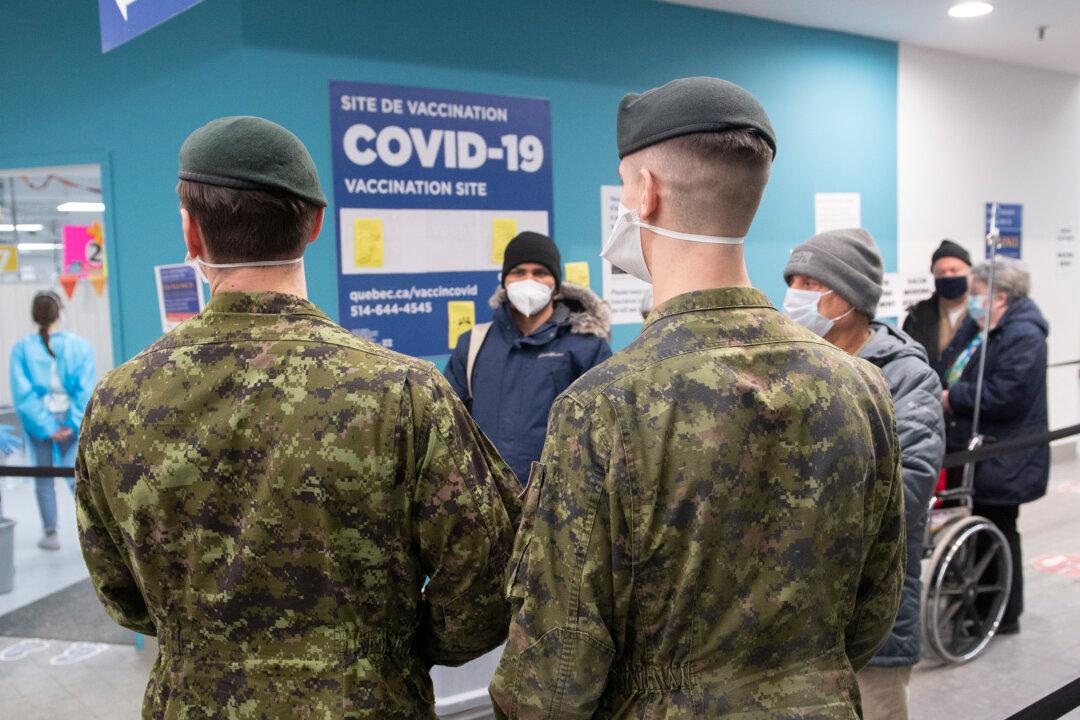Canadian Armed Forces (CAF) members who left the institution or were forced out for refusing the COVID-19 vaccines say they feel betrayed by the organization they vowed to serve.
The Epoch Times interviewed several former soldiers willing to speak on the record about their experiences.





